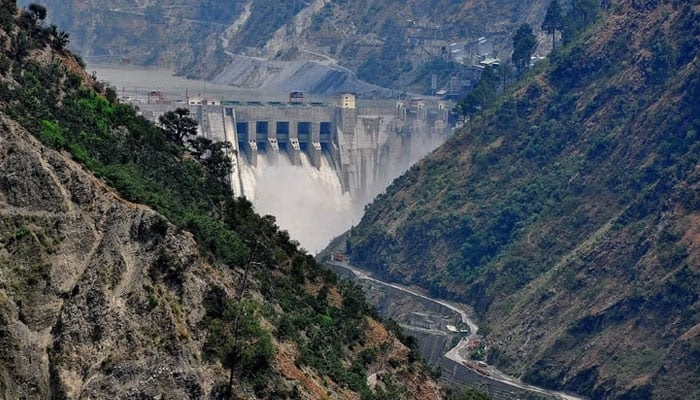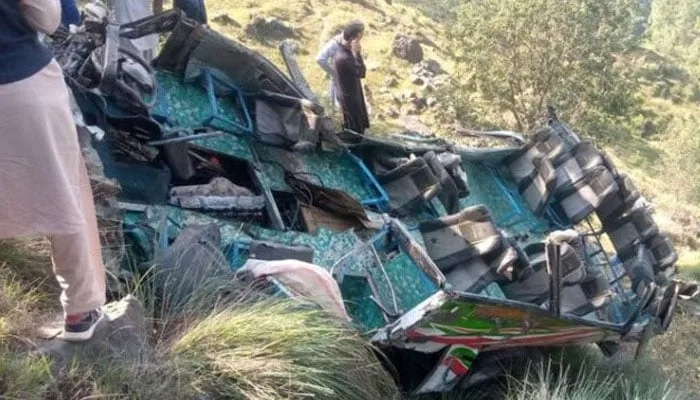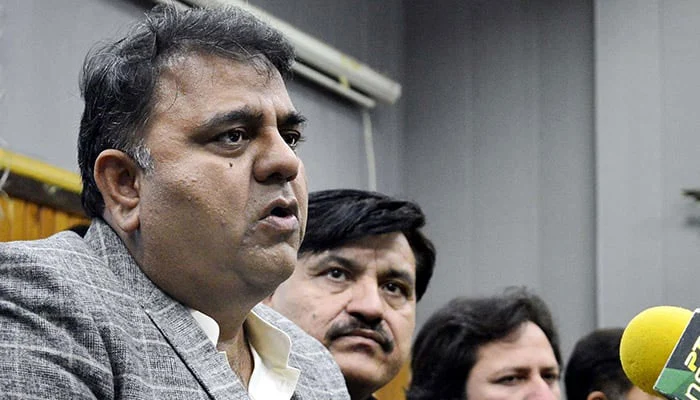In a bold diplomatic move, Pakistan has officially opposed India’s attempt to halt World Bank proceedings on the Ratle and Kishanganga hydropower projects, which are being constructed by India on rivers flowing through occupied Jammu and Kashmir. The projects have long been a flashpoint in the ongoing water dispute between the two neighbors under the Indus Waters Treaty.
India Claims Treaty Suspension — Pakistan Pushes Back
According to Indian media reports, India recently sent a letter to Michael Leno, the World Bank-appointed neutral expert, asserting that India has suspended the Indus Waters Treaty, and therefore, the World Bank should cease any actions or hearings related to Pakistan’s objections on the hydropower projects.
However, Pakistan has firmly rejected this request, reiterating its long-standing position that the Ratle and Kishanganga projects violate the treaty’s core provisions. In particular, Pakistan says the projects breach clauses concerning design limitations and minimum river flow requirements, which are essential to protecting Pakistan’s water rights and ecological balance.
World Bank Maintains Treaty Cannot Be Unilaterally Suspended
Government sources in Islamabad have stated that India is attempting to unilaterally halt the work of the neutral expert, appointed by the World Bank to evaluate the technical and legal concerns raised by Pakistan.
The World Bank, which acts as a guarantor of the 1960 Indus Waters Treaty, has previously clarified that no party can unilaterally suspend or terminate the treaty. The World Bank remains engaged and continues to facilitate dispute resolution under the treaty’s framework.
Pakistan’s Position: Defending Water Rights
Pakistani government officials emphasized that the Indus Waters Treaty is an internationally recognized agreement, and any violations, particularly in the form of hydropower construction that alters water flow or infringes upon treaty clauses, will be contested at all relevant international platforms.
We will continue to defend the water rights of our nation. These projects directly affect Pakistan’s agricultural, environmental, and human water needs, said one senior government official.
Sources confirmed that Pakistan has serious concerns over the design of the Indian projects on both the Jhelum and Chenab rivers—two of the three western rivers allocated to Pakistan under the treaty. These concerns include the potential to control downstream flows, giving India undue advantage and creating long-term implications for Pakistan’s water supply.
Technical Disputes and Ongoing Legal Proceedings
The Kishanganga project, commissioned by India on the Jhelum River, and the Ratle project on the Chenab River, have both been at the center of legal and technical debates between the two countries for over a decade. Pakistan has argued that India’s dam designs give it the capability to manipulate river flow, especially during the critical crop seasons in Pakistan, which could result in water shortages and disrupt the country’s economy.
The World Bank previously paused its intervention, urging both parties to resolve the issue amicably. However, Pakistan pushed for resumption of formal proceedings, resulting in the appointment of a neutral expert and the reactivation of the treaty’s dispute resolution mechanism.
Strategic and Regional Implications
This latest development comes at a time when tensions between India and Pakistan remain high, and regional resource competition is intensifying. Water is becoming a critical strategic asset, and Pakistan sees India’s unilateral construction efforts in disputed territory as both a treaty violation and a potential geopolitical provocation.
Furthermore, India’s claim of suspending the treaty is seen by many experts as a dangerous precedent, potentially undermining other long-standing international water-sharing agreements and multilateral frameworks.
What Lies Ahead?
Pakistan has reaffirmed its commitment to pursuing lawful and peaceful channels to protect its water rights. The Ministry of Water Resources and Ministry of Foreign Affairs are reportedly preparing a detailed dossier to be submitted to relevant international legal bodies and the United Nations, should India continue its attempt to derail the proceedings.
The World Bank’s neutral expert is expected to continue the review process, and Pakistan is likely to present more technical evidence in upcoming sessions. International observers are closely monitoring the developments, as this case could set a global precedent for water-sharing treaties in conflict zones.



